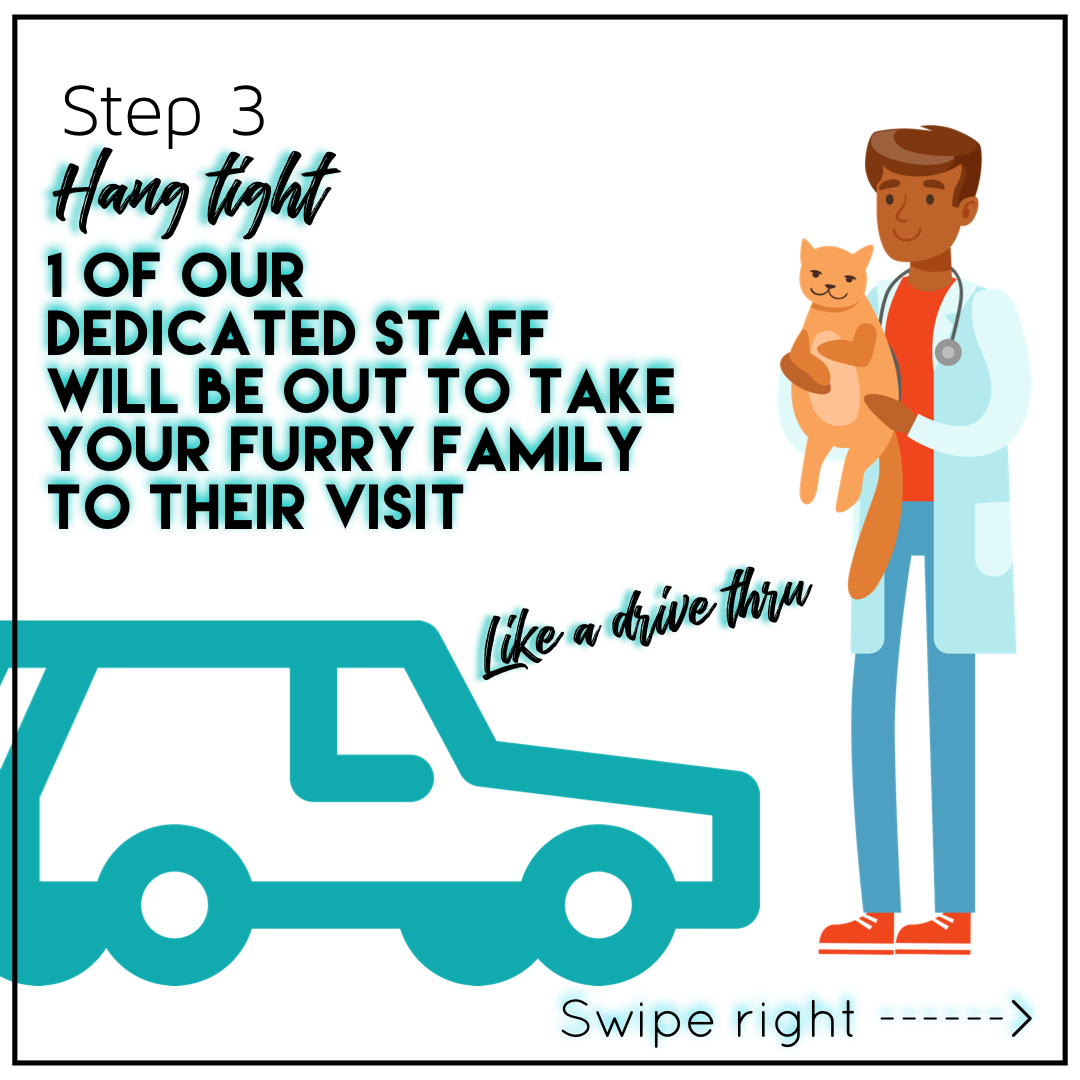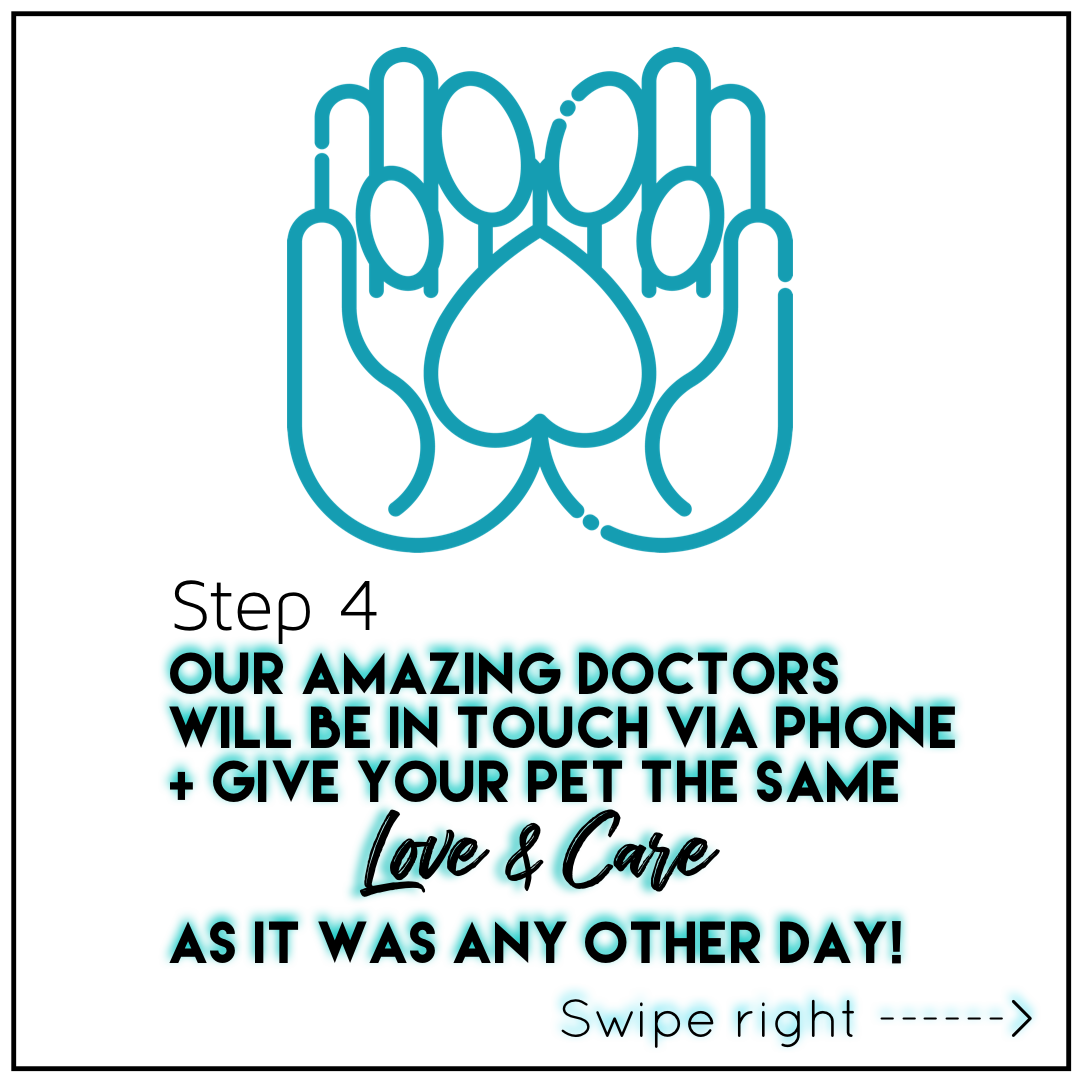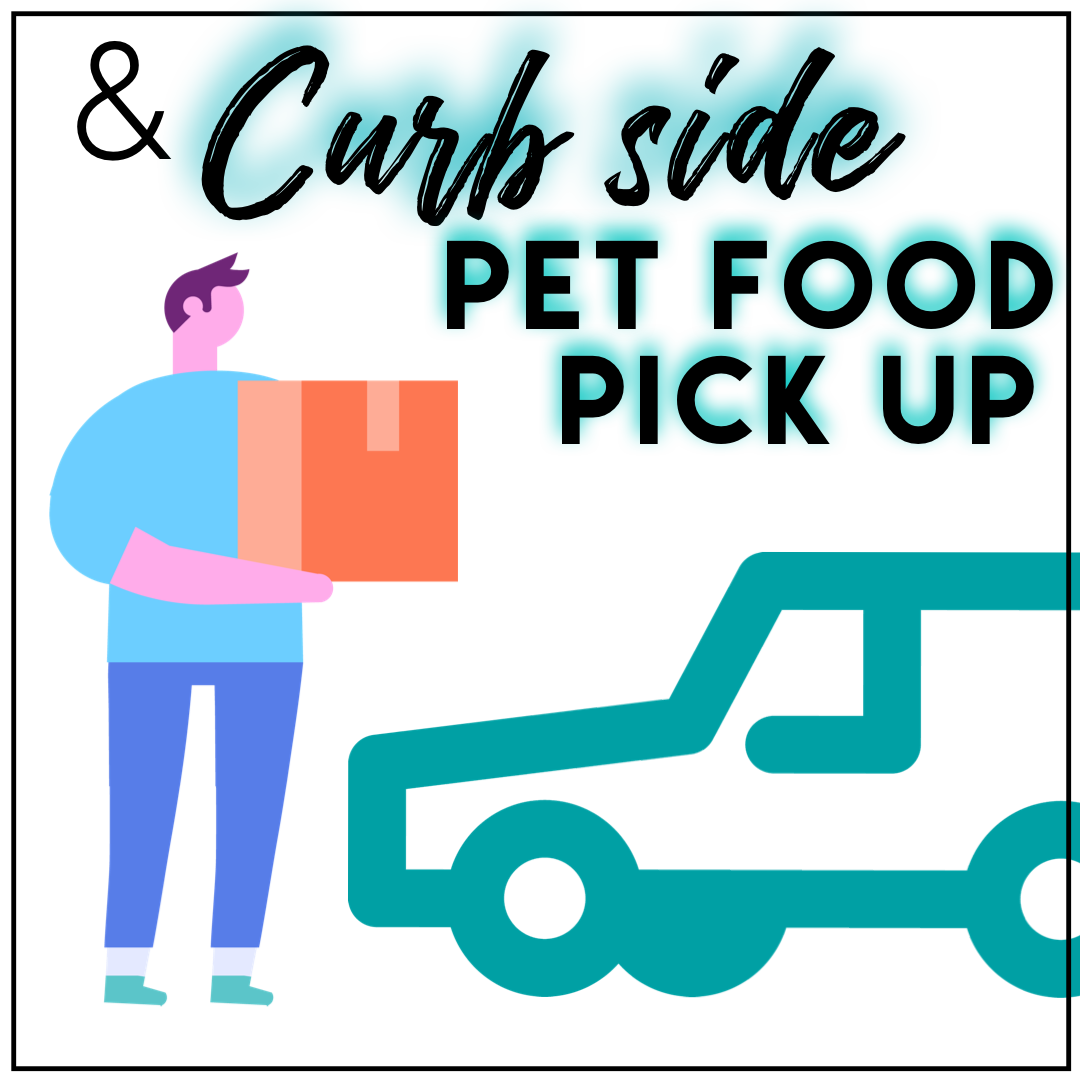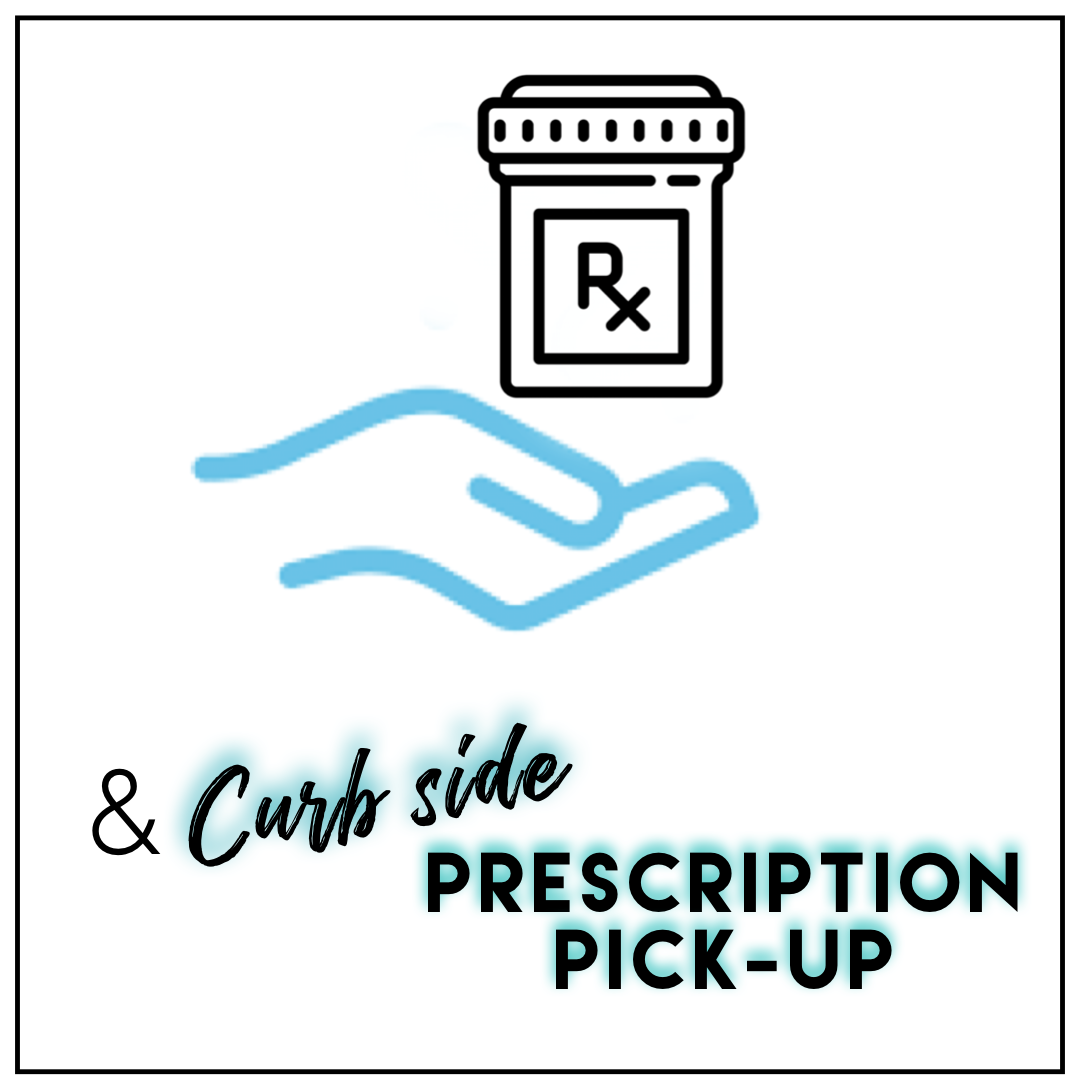Here’s some key information about COVID-19:
- The betacoronavirus that causes COVID-19 is SARS-CoV-2 (formerly 2019-nCoV).
- Person-to-person and community spread has been reported in numerous countries, including the United States.
- Transmission primarily occurs when there is contact with an infected person’s bodily secretions, such as saliva or mucus droplets in a cough or sneeze. Transmission via touching a contaminated surface or object (i.e., a fomite) and then touching the mouth, nose, or possibly eyes is also possible, but appears to be a secondary route. Smooth (non-porous) surfaces (e.g., countertops, door knobs) transmit viruses better than porous materials (e.g., paper money, pet fur) because porous, especially fibrous, materials absorb and trap the pathogen (virus), making it harder to contract through simple touch.
- There are currently no antiviral drugs recommended or licensed by FDA to treat COVID-19, and there is no immunization available.
- Cases of COVID-19 and community spread are being reported in most states.
- The best way to avoid becoming ill is to avoid exposure to the virus. Taking typical preventive actions is key.
- Infectious disease experts and multiple international and domestic human and animal health organizations agree there is no evidence at this point to indicate that pets become ill with COVID-19 or that they spread it to other animals, including people.
- If you are not ill with COVID-19, you can interact with your pet as you normally would, including walking, feeding, and playing. You should continue to practice good hygiene during those interactions (e.g., wash hands before and after interacting with your pet; ensure your pet is kept well-groomed; regularly clean your pet’s food and water bowls, bedding material, and toys).
- Out of an abundance of caution, it is recommended that those ill with COVID-19 limit contact with animals until more information is known about the virus. Have another member of your household take care of walking, feeding, and playing with your pet. If you have a service animal or you must care for your pet, then wear a facemask; don’t share food, kiss, or hug them; and wash your hands before and after any contact with them.
- As always, careful handwashing and other infection control practices can greatly reduce the chance of spreading any disease. The National Association of State Public Health Veterinarians’ (NASPHV) compendium of standard precautions is a good reference for appropriate infection control in veterinary practices













